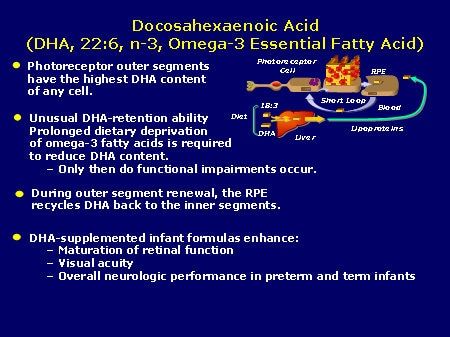The role of omega-3 fatty acids in supporting women’s kidney health

Omega-3 fatty acids have gained significant attention in recent years for their numerous health benefits. While they are widely known for their positive effects on cardiovascular health and brain function, their role in supporting kidney health, particularly in women, is often overlooked. In this article, we will explore the importance of omega-3 fatty acids and how they contribute to women’s kidney health.
Understanding Omega-3 Fatty Acids
Omega-3 fatty acids are polyunsaturated fats that are considered essential for the body. They cannot be produced by the body itself and must be obtained through diet or supplements. There are three main types of omega-3 fatty acids: alpha-linolenic acid (ALA), eicosapentaenoic acid (EPA), and docosahexaenoic acid (DHA).
1. Protecting Kidney Function
Studies have shown that omega-3 fatty acids play a crucial role in protecting kidney function. Chronic kidney disease, a condition that affects millions of women worldwide, can lead to kidney damage and impaired function over time. Omega-3 fatty acids help reduce inflammation, lower blood pressure, and improve blood flow to the kidneys, thus slowing down the progression of kidney disease.
2. Reducing the Risk of Kidney Stones
Kidney stones are a common problem, especially among women. They can cause intense pain and disrupt daily life. Omega-3 fatty acids have shown promise in reducing the risk of kidney stone formation. By promoting urine flow and preventing the crystallization of calcium oxalate, a major component of kidney stones, omega-3 fatty acids help maintain healthy kidney function and reduce the likelihood of stone formation.
3. Managing Polycystic Kidney Disease
Polycystic kidney disease (PKD) is a genetic disorder characterized by the growth of numerous cysts in the kidneys. This condition can lead to kidney failure if not managed properly. Omega-3 fatty acids have been found to alleviate inflammation and oxidative stress in the kidneys, potentially slowing down the progression of PKD and improving overall kidney health in women affected by this condition.
Including Omega-3 Fatty Acids in Your Diet
Now that we understand the importance of omega-3 fatty acids for women’s kidney health, it’s essential to know how to incorporate them into our diets. The best sources of omega-3 fatty acids include fatty fish such as salmon, mackerel, and sardines. Vegetarian options include flaxseeds, chia seeds, walnuts, and soybeans.
For those who find it challenging to obtain enough omega-3 fatty acids through diet alone, supplements such as fish oil capsules or algae-based omega-3 supplements can be considered. However, it’s crucial to consult with a healthcare professional before starting any supplements, especially if you have existing kidney conditions or are taking medications.
Conclusion
Omega-3 fatty acids play a vital role in supporting women’s kidney health. By protecting kidney function, reducing the risk of kidney stones, and managing conditions like polycystic kidney disease, these essential fats contribute to overall kidney health and well-being. Incorporating omega-3 rich foods or supplements into your daily routine can be a proactive step towards maintaining a healthy kidney function. Remember to consult with a healthcare professional before making any significant changes to your diet or lifestyle.





